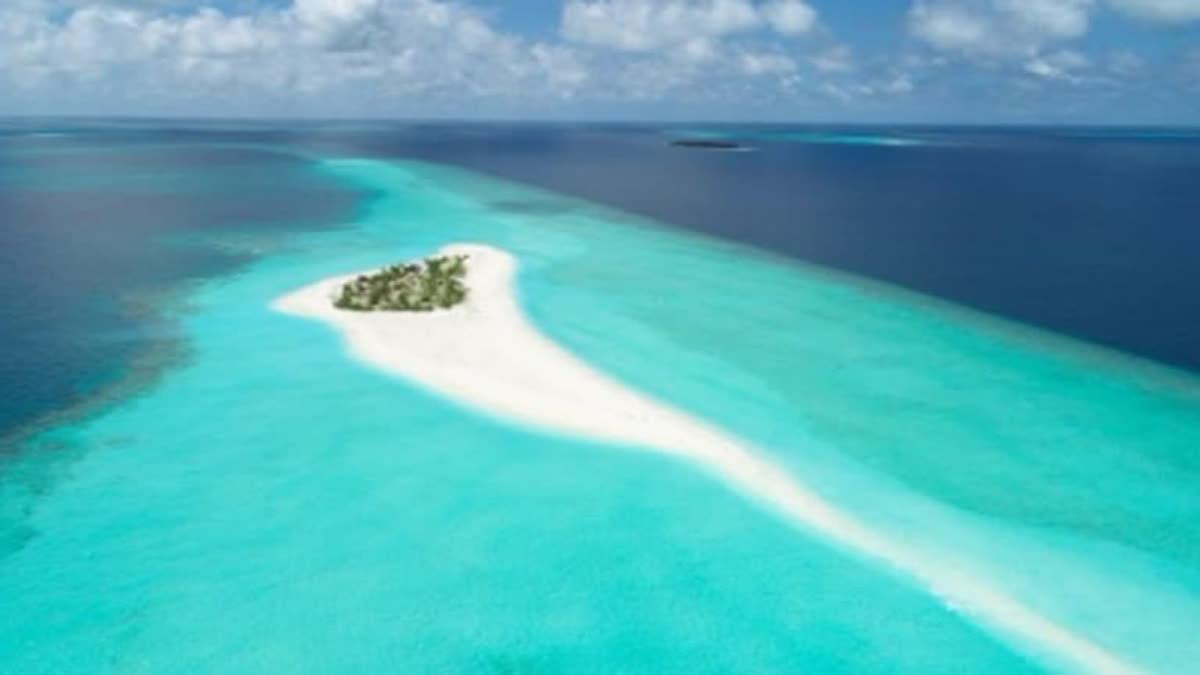New Delhi: Ahead of Maldives President Mohamed Muizzu’s visit to China next week, his first state visit this year, Chinese media is trying to downplay the fact that he is visiting Beijing before New Delhi after assuming office. Muizzu will be departing for China on Sunday evening for nearly a week-long visit. This is a break from the practice, followed by his three immediate democratically elected predecessors, Ibrahim Solih, Abdulla Yameen and Mohamed Nasheed, who had made India the destination of their first state visit after assuming office. In fact, after taking charge in November 2023, Muizzu made Turkey the destination of his first state visit.
In an editorial headlined ‘What does Maldivian president visit’s break with tradition signify?’, the Global Times, the daily English tabloid that serves as the mouthpiece of the Chinese Communist Party, stated that the Maldives need not sour its relationship with India while developing its ties with China. “Many foreign media outlets noticed that Muizzu will break from tradition by visiting China before India,” the editorial read. “In fact, after last year’s Maldivian general elections, much of Indian and Western public opinion immediately labelled Muizzu as ‘pro-China’. From this perspective, it seems that the Maldives’ foreign policy has only two choices: either rely on India or turn to China. These voices completely ignore the fact that the Maldives is an independent sovereign country with legitimate interests and demands.”
The editorial recalled Muizzu’s statement made in the past when he said that the Maldives has no intention of getting involved in the geopolitical struggle between bigger powers and will cooperate with all countries, including India and China. “Indian and Western public opinions always view the Maldives through the lens of the competition between China and India,” it stated. “For them, the Maldives, due to its strategic importance, has become a piece of meat in the struggle between China and India. They have shown a hurt mentality when looking at the development of China-Maldives relations.”
It further stated that in these opinion makers’ view, only when the Maldives complies with India can they feel relieved and “moving closer to other countries is seen as a form of ‘betrayal’”. “Furthermore, in the development of relations between China and the Maldives, there is no requirement for the Maldives to sour relations with India or any other country, without exclusivity and without involving third-party conditions,” the editorial read.
It also cited former Maldives President Ibrahim Solih, who was known for his pro-India stance, as saying that the development of the Maldives’ relations with China and India is not viewed as a zero-sum game. “Indeed, even though a country is deemed ‘pro-China’, it does not necessarily mean it is ‘anti-India’,” the editorial stated.
